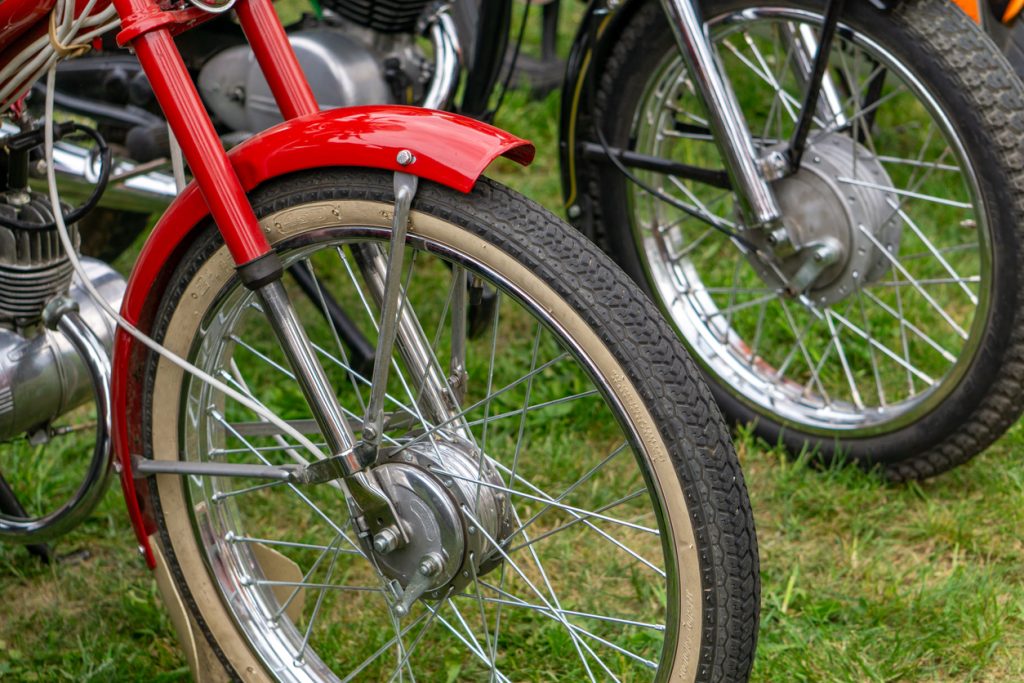Riding a bike in Nigeria can be an adventure, but it comes with challenges—especially during the rainy season or on dusty rural roads. Mud, water, and debris can splash onto you or damage your bike over time. Bike mudguards are essential accessories that help keep both rider and bike clean while improving safety. Travo.ng provides a comprehensive guide on why mudguards matter, how to choose them, and installation tips for Nigerian riders.
Why Bike Mudguards Are Essential in Nigeria
Nigerian roads present unique conditions that make mudguards a must-have:
- Rainy season splashes: Heavy rain can leave you soaked and your bike dirty.
- Dusty urban streets: Cities like Lagos and Abuja generate dust clouds that stick to exposed parts.
- Potholes and debris: Mudguards reduce the spray from puddles and uneven roads.
Benefits of bike mudguards include:
- Keeping your clothes and gear clean.
- Protecting your bike’s chain, brakes, and suspension from mud and grit.
- Enhancing visibility by preventing mud from splashing onto lights or reflectors.
Types of Bike Mudguards
Choosing the right mudguard depends on your bike type and riding conditions:
- Full-Length Mudguards
- Offers maximum coverage.
- Ideal for commuter bikes in rainy or muddy areas.
- Clip-On or Short Mudguards
- Lightweight and easy to install.
- Best for sport or folding bikes used in urban settings.
- Rear Mudguards
- Specifically protects the back wheel and reduces spray on the rider.
- Commonly used on motorcycles and scooters.
- Front Mudguards
- Mounted above the front wheel to reduce splashes forward.
- Important for safety during wet rides.
How to Install Bike Mudguards
Follow these steps for a secure installation:
- Check Compatibility
- Ensure the mudguard fits your bike’s wheel size and type.
- Position the Mudguard Correctly
- Align it above the wheel to maximize protection.
- Avoid contact with tires or suspension components.
- Secure Fasteners
- Use bolts, screws, or clips provided by the manufacturer.
- Tighten firmly but avoid overtightening to prevent damage.
- Test Clearance and Stability
- Spin the wheel to ensure the mudguard doesn’t touch tires.
- Adjust as necessary for smooth operation.
- Regular Maintenance
- Clean mudguards after rides, especially in rainy or muddy conditions.
- Check for cracks or loose fittings to prevent accidents.
Tips for Nigerian Riders
- Choose durable materials like ABS plastic or metal to withstand harsh roads.
- Adjust mudguards for off-road or city riding to balance protection and clearance.
- Combine with other protective gear like raincoats and gloves for a complete shield.
- Invest in reflective mudguards to improve night-time visibility.
Why Nigerian Riders Trust Travo.ng
Travo.ng is more than a logistics and travel solutions provider. We understand the challenges Nigerian riders face daily, from traffic congestion to unpaved roads. Our expert guidance on bike accessories, including mudguards, helps riders stay safe, maintain their bikes, and enjoy smoother rides. By following Travo.ng’s advice, Nigerian riders can protect themselves, extend the life of their bikes, and ride with confidence.
Conclusion
Bike mudguards are essential for any rider navigating Nigerian roads. They keep riders and bikes clean, improve safety, and protect crucial bike components from dirt and damage. By choosing the right mudguards, installing them correctly, and maintaining them regularly, Nigerian riders can enjoy more comfortable and safer journeys. Trust Travo.ng for expert tips and practical advice on all things biking, from accessories to road safety.







